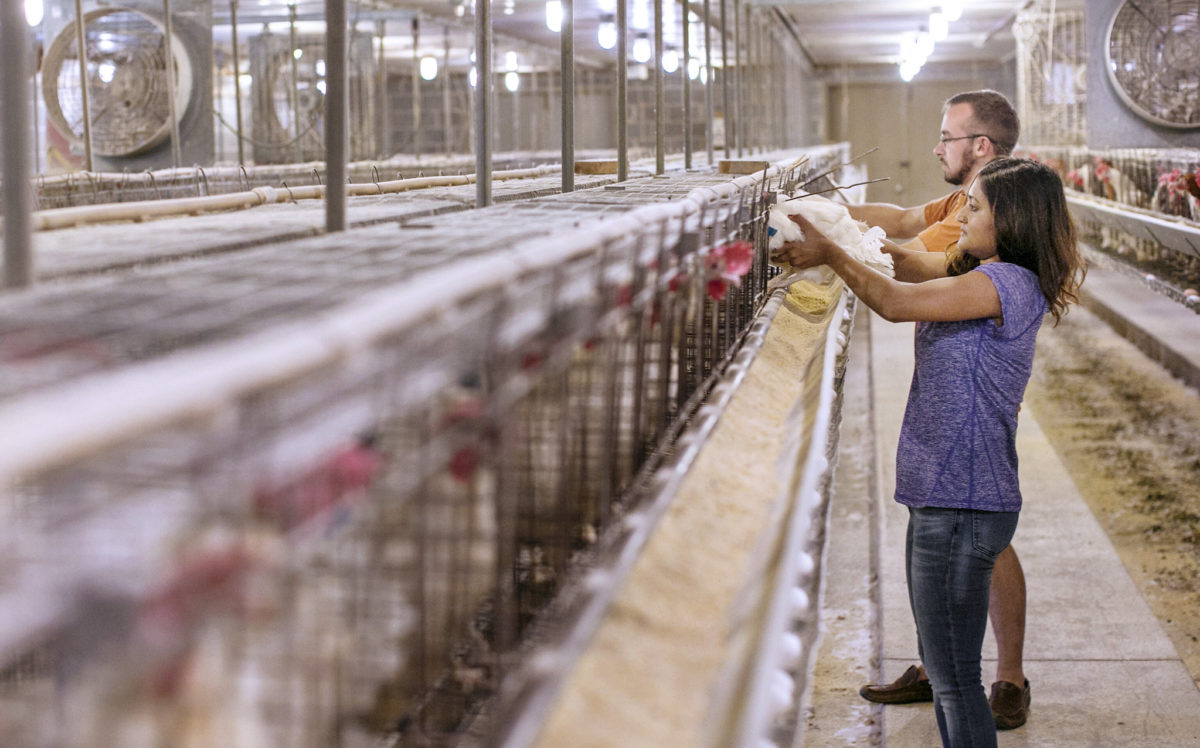No Turkeys for Christmas? Government scrambles to address poultry crisis

The latest turn to seasonal visas schemes exposes the bankruptcy of the anti-immigration agenda and will create a migrant underclass without basic labour and human rights
With long queues to fill up at petrol pumps across the UK, the HGV driver shortage has grabbed the headlines. But the government is also scrambling to address the problems in UK poultry. Big brand names have been impacted by the desperate need for more workers.
The Nandos restaurant chain not only had to close fifty stores in August but also seconded 70 members of staff to its suppliers, in order to address the labour crisis. KFC also warned shortages were hitting its chicken supply.
Back in August, the British Poultry Council said its members reported a 16% vacancy rate across the supply chain.
In an excoriating statement they demanded government action:
“The alarming number of gaps is continuing to grow due to the effects of Brexit and compounded by a Government that continually acts against the best interests of British food producers. The sector is currently facing a serious shortage of production operatives and processing staff that are classified as low skilled workers in Home Office terms but play an incredibly important role in keeping food supply moving and feeding the nation at all times.”
It has taken two months for the government to respond with a plan. They have finally woken up to the fact that these shortages are now putting the Christmas turkey at risk.
In tandem with the announcement on HGV drivers, the government have established 5,500 temporary visas for poultry workers in an extension of the agricultural workers visa.
The move might be able to address the immediate shortages in the industry and get Turkeys back onto the Christmas dinner menu. But it isn’t good news for workers’ rights.
Short-term, precarious visas: a recipe for super-exploitation
Those who come to the UK on these temporary work visas are tied to employment in a specific workplace with only limited ability to quit an employer and find a new one. So, they are much more vulnerable to exploitation than those with a secure immigration status. This is a danger in low-paid industries in general and in the food sector in particular, where there is a constant pressure for lower prices from big corporate clients like the supermarkets.
Focus on Labour Exploitation have identified a number of issues associated with the use of this type of visa:
- Debt bondage due to upfront migration costs and illegal recruitment fees
- Deception in recruitment
- Barriers to changing jobs or sectors
- Discrimination on grounds of ethnicity, race and nationality
- Temporariness with no pathways to permanent residency
- No recourse to public funds
- Barriers to accessing justice
- Lack of guaranteed working hours
There’s a real risk that the new poultry workers visa scheme will create yet another class of super-exploited, second class workers. British nationals will also be negatively impacted, as the availability of a pool of workers with far fewer rights puts downward pressure on wages and conditions for all employees in the sector.
This was, of course, what freedom of movement was often accused of doing. But freedom of movement was a rights-based system, that meant – broadly – workers from the EU had to be treated the same as workers from the UK when they were living in this country. The abolition of free movement broke up this principle, opening the way to more exploitation.
That’s why improving pay and conditions required – not the abolition of freedom of movement rights – but addressing the limited trade union and employment rights in UK domestic law. This could include modern bargaining committees, made up of employers and trade unionists, to negotiate a minimum pay and conditions across the an entire sector like the poultry industry.
Unfortunately, in the context of crippling labour shortages government policy is moving in the opposite direction: towards a precarious, migrant worker underclass. It’s vital that this reactionary agenda is resisted.
October 1, 2021
Brexit Spotlight is run by Another Europe Is Possible. You can support this work by joining us today. The website is a resource to encourage debate and discussion. Published opinions do not necessarily represent those of Another Europe.





